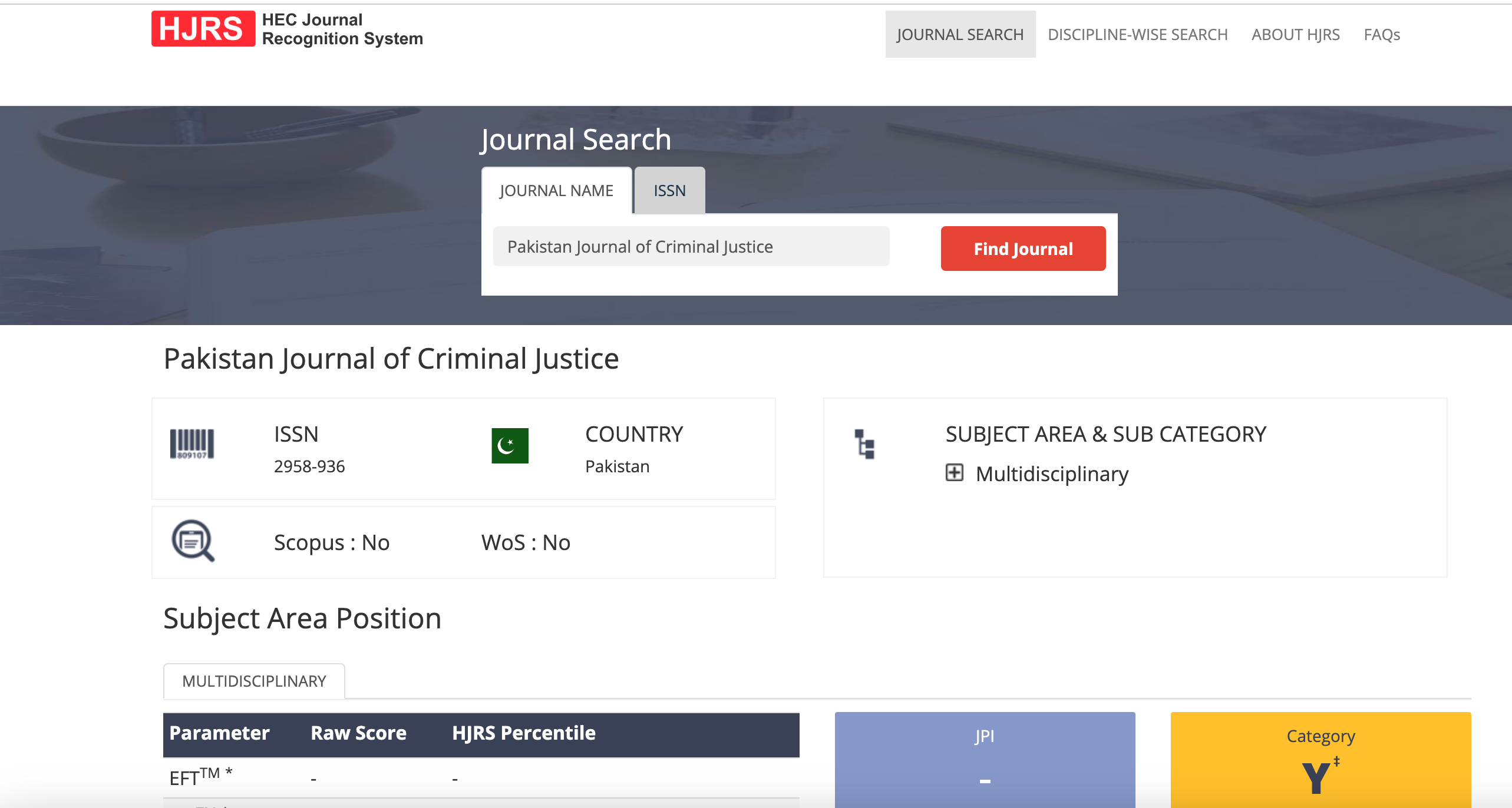A Legality of Anticipatory Self-Defense in International Criminal Law: Special Case Studies in Focus
DOI:
https://doi.org/10.62585/pjcj.v3i1.16Keywords:
international law, un charter, self defense, international criminal lawAbstract
On February 24, 2022, a significant international event transpired as Russian military forces crossed into Ukraine, initiating a full-scale conflict under the assertion of Anticipatory Self-defense. This development has sparked renewed discussions and inquiries into the legal and practical dimensions of Anticipatory Self-defense as a pretext for military actions. Notably, Anticipatory Self-defense has been invoked in the past, most notably by the Bush administration during the Iraq War and currently by the Israeli government in various contexts. In a similar vein, President Vladimir Putin employed the doctrine of Anticipatory Self-defense to legitimize and provide a legal basis for the Russian military's actions in Ukraine.
This research paper seeks to undertake a thorough and systematic exploration of the essentials and legal aspects of Anticipatory Self-defense as a concept, examining its application and relevance in contemporary international relations. The primary objective is to shed light on the justifiability and legality of utilizing Anticipatory Self-defense as a rationale for military intervention, with a specific focus on the recent events in Ukraine. In addition to an overarching discussion on the principles and nuances of Anticipatory Self-defense, this paper will delve into select case studies from recent history, drawing upon experiences and actions taken by various countries, including the United States and Israel.
Through a comprehensive analysis that combines legal, historical, and political perspectives, this research endeavor aims to provide a nuanced understanding of Anticipatory Self-defense, its utilization by different nations, and whether it can serve as a valid legal basis for military actions.Top of FormBottom of Form
Downloads
Published
How to Cite
Issue
Section
License
Copyright (c) 2023 The Pakistan Journal of Criminal Justice

This work is licensed under a Creative Commons Attribution-NonCommercial 4.0 International License.





